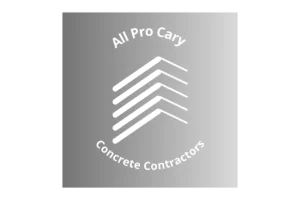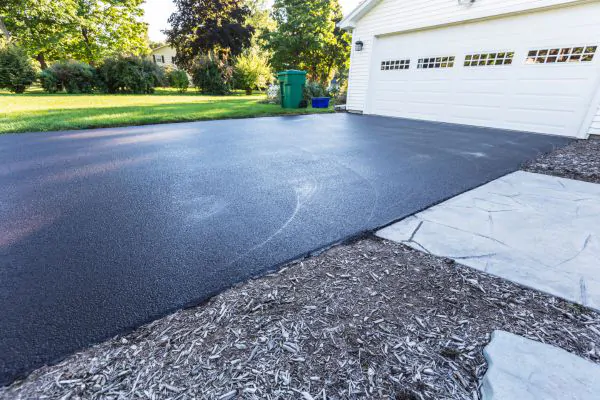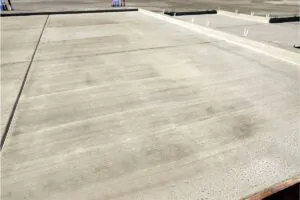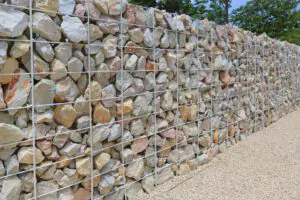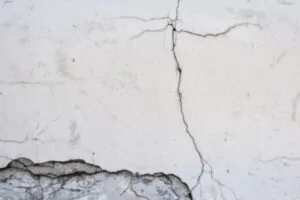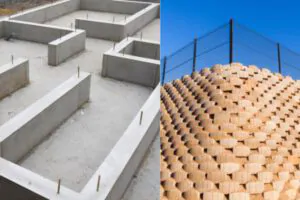Your driveway is not just a functional feature of your property but also a crucial aspect of its overall appearance and value. Choosing a suitable material for your driveway can be daunting, especially when considering factors such as durability, maintenance, weather resistance, and cost. In North Carolina, concrete and asphalt driveways are two of the most popular options. Each material has its advantages and disadvantages that can affect your decision, and every concrete contractor North Carolina knows this.
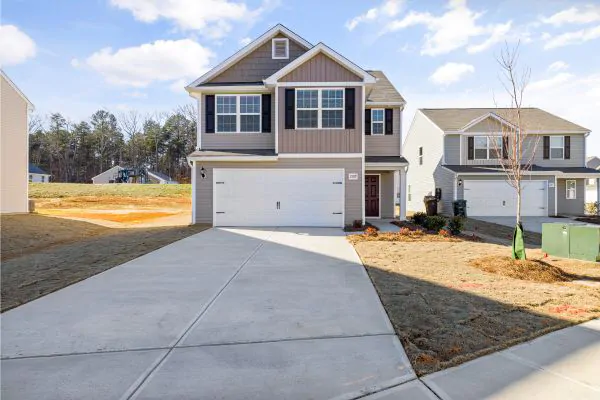
This blog will explore whether concrete or asphalt is better for a driveway. We will also dig deeper into their costs, benefits, and drawbacks. Whether you’re a homeowner or a business owner, you’ll find valuable insights and recommendations to help you make an informed choice for your driveway.
Concrete vs. Asphalt Driveway
Driveways made of concrete and asphalt both have their benefits and drawbacks. An asphalt driveway is more cost-effective than concrete, making it an attractive option for those on a budget. It’s also easier to install, repair, and replace than concrete, making it ideal for DIYers or those looking for a low-maintenance driveway with minimal upkeep.
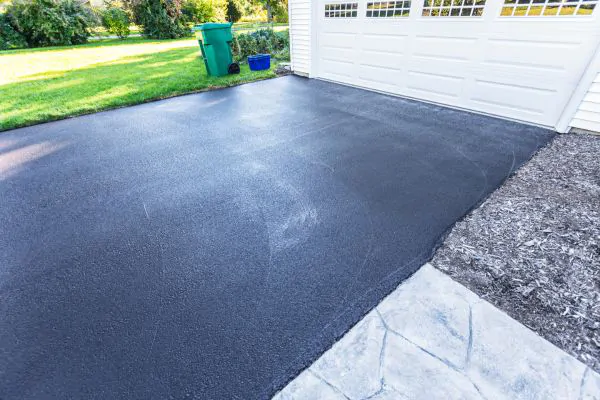
On the other hand, a concreted driveway is more durable than asphalt and can last up to three times longer. This makes it an ideal choice for those who don’t want to have to replace their driveways as often. It’s also known for its low maintenance requirements and good weather resistance.
Pros and Cons of Concrete Driveways in North Carolina

Concrete driveways are a popular choice for many homeowners in North Carolina due to their durability and longevity. Here are some benefits of concrete driveways:
1. Durability and longevity: Concrete is a highly durable material that withstands heavy traffic, extreme temperatures, and other wear and tear. Concrete driveways can resist stains, cracks, and other damage and can last decades with proper maintenance.
2. Aesthetics: Concrete driveways offer your property a clean and polished look, enhancing its curb appeal and value. Concrete is also versatile in design and can be stamped, colored, or textured to match your preferences.
3. Low maintenance: Concrete driveways require minimal maintenance compared to other driveway materials. You only need to seal and clean them periodically to prevent stains, fading, and cracking.
However, concrete driveways also have some drawbacks that you should consider:
1. Cost: Concrete driveways cost can be more expensive than other options, such as asphalt, gravel, or pavers. The cost can vary depending on the size, thickness, design, and labor required.
2. Weather sensitivity: Concrete can crack or heave in extreme temperatures or weather conditions, such as freezing or thawing. It can also be susceptible to discoloration or scaling due to exposure to UV rays, moisture, or chemicals.
3. Cracking and repair: Despite their durability, concrete driveways can develop cracks or spalling over time due to heavy loads, tree roots, or settling. Repairing or replacing concrete driveways can be costly and time-consuming, especially if the damage is extensive.
Pros and Cons of Asphalt Driveways in North Carolina
Asphalt driveways are another popular option for homeowners in North Carolina. Here are some benefits of asphalt driveways:
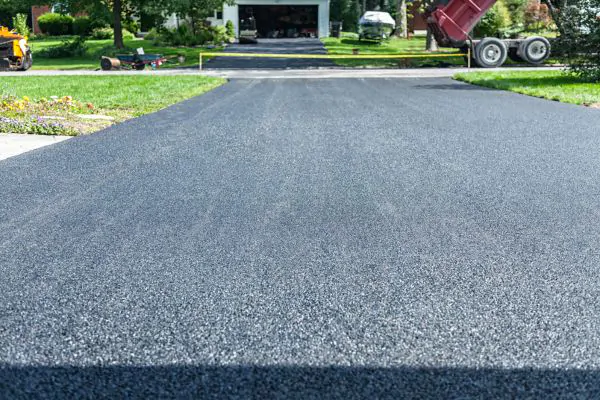
1. Cost-effectiveness: Asphalt driveways are often more affordable than concrete driveways, making them a popular choice for those on a budget. They are also cheaper to repair and maintain than other materials.
2. Easy installation: Asphalt driveways are easy to install and can be completed within a few days. They also require minimal curing time, which means you can use your driveway soon after installation.
3. Weather resistance: Asphalt is a flexible material that can adapt to changes in temperature and weather conditions, making it less likely to crack or heave. It is also resistant to UV rays, water, and chemicals.
However, asphalt driveways also have some drawbacks that you should consider:
1. Maintenance requirements: Asphalt driveways require regular maintenance to prevent cracks, potholes, and other damage. This includes seal coating, crack filling, and periodic resurfacing.
2. Shorter lifespan: Asphalt driveways typically have a shorter lifespan than concrete driveways, lasting about 20 years with proper maintenance. They can also be more susceptible to wear and tear from heavy loads or chemicals.
3. Appearance: While asphalt driveways are functional, they may not offer the same aesthetic appeal as concrete driveways. They are typically darker in color and have a rougher texture.
Difference Between Asphalt and Concrete in Cost
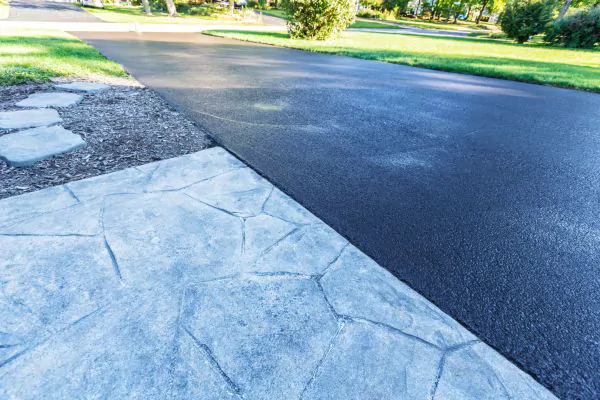
When deciding between a concrete or asphalt driveway in North Carolina, the cost is often a significant factor to consider. Here’s a breakdown of the factors that affect the cost of each type of driveway:
1. The larger the driveway, the more materials and labor will be required, which will increase the overall cost.
2. Materials used: The cost of materials, such as concrete or asphalt, can vary depending on factors such as quality and availability.
3. Labor costs: Labor costs can vary depending on the project’s complexity, the contractor’s experience, and other factors.
The average cost of a concrete driveway in North Carolina can range from $6 to $12 per square foot, depending on the design and size. In contrast, the average cost of an asphalt driveway in North Carolina can range from $3 to $5 per square foot.
Despite the higher cost of concrete driveways, they may be a more cost-effective option in the long run due to their durability and longevity.
On the other hand, while asphalt driveways may be cheaper to install, they require more frequent maintenance and may have a shorter lifespan.
Which Driveway Type is Best for North Carolina?
When it comes to choosing the best driveway type for your North Carolina home, there are several factors to consider:
1. Climate: North Carolina experiences various weather conditions, including hot summers and cold winters. Concrete driveways may be more suitable for areas with extreme temperature fluctuations, as they are less likely to crack or heave. However, if your area experiences heavy snowfall or ice, asphalt driveways may be a better option due to their ability to withstand freeze-thaw cycles.
2. Property value: The type of driveway you choose can also affect the overall value of your property. Concrete driveways can add curb appeal and may appeal more to potential buyers. In contrast, asphalt driveways are a more affordable option that can still enhance the overall appearance of your property.
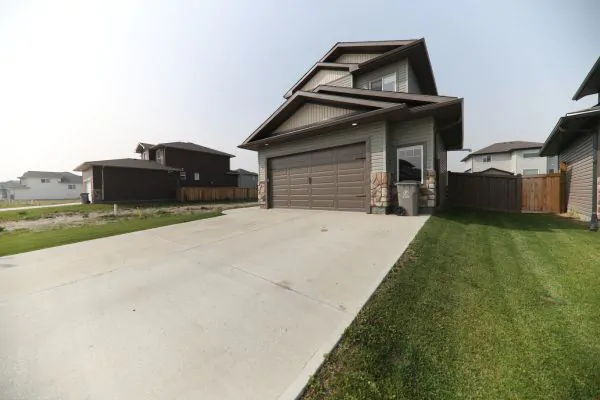
3. Personal preferences: Your preferences and priorities should also be considered when choosing a driveway type. Do you prioritize durability and longevity or affordability and ease of maintenance? Consider what matters most to you and your family when making your decision.
Based on these factors, our recommendation for the best driveway type in North Carolina is a concrete driveway. While they may be more expensive upfront, their durability and longevity make them a worthwhile investment in the long run.
Additionally, they can add value to your property and provide an attractive and functional addition to your home.
However, an asphalt driveway may also be a good option if you prioritize affordability or live in an area with heavy snowfall. Ultimately, consulting with a professional contractor is essential to determine the best choice for your specific needs and budget.
Conclusion
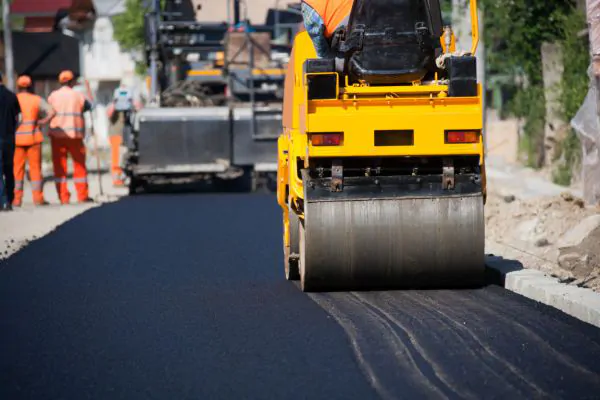
In conclusion, knowing what is a better driveway material for you, concrete or asphalt, requires careful consideration of several factors, including durability, cost, climate, and personal preferences. While concrete driveways may be more expensive upfront, they offer excellent durability and longevity compared to asphalt driveways, making them a cost-effective option in the long run. On the other hand, asphalt driveways are a more affordable option that can still provide a functional and attractive addition to your property.
Deciding between concrete and asphalt driveways depends on your unique needs and priorities. Consulting with a professional contractor like All Pro Cary Concrete Contractors can help you determine the best option for your situation. By weighing the benefits and drawbacks of each type of driveway and considering the factors that affect cost and performance, you can make an informed decision that meets your needs and budget while providing a functional and aesthetically pleasing addition to your North Carolina property.
